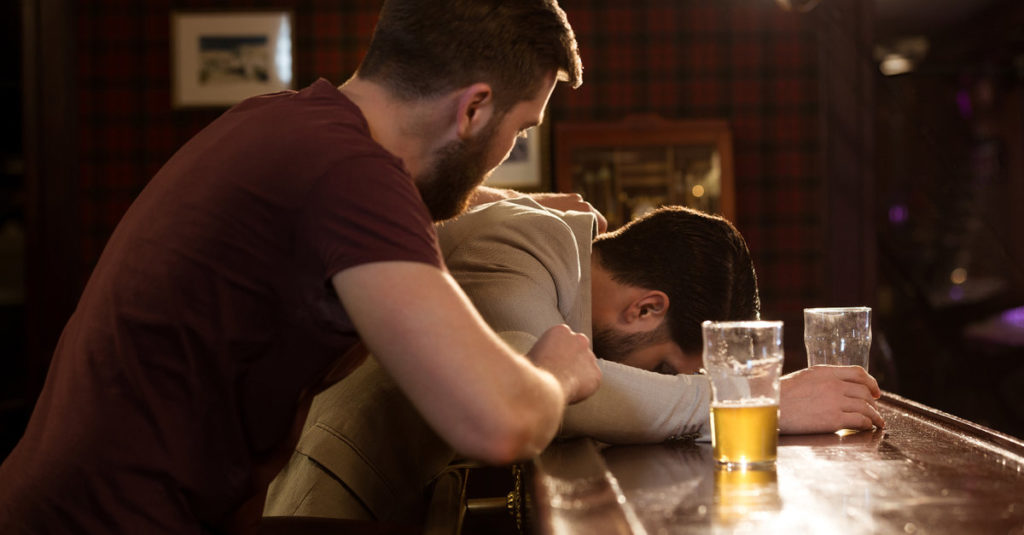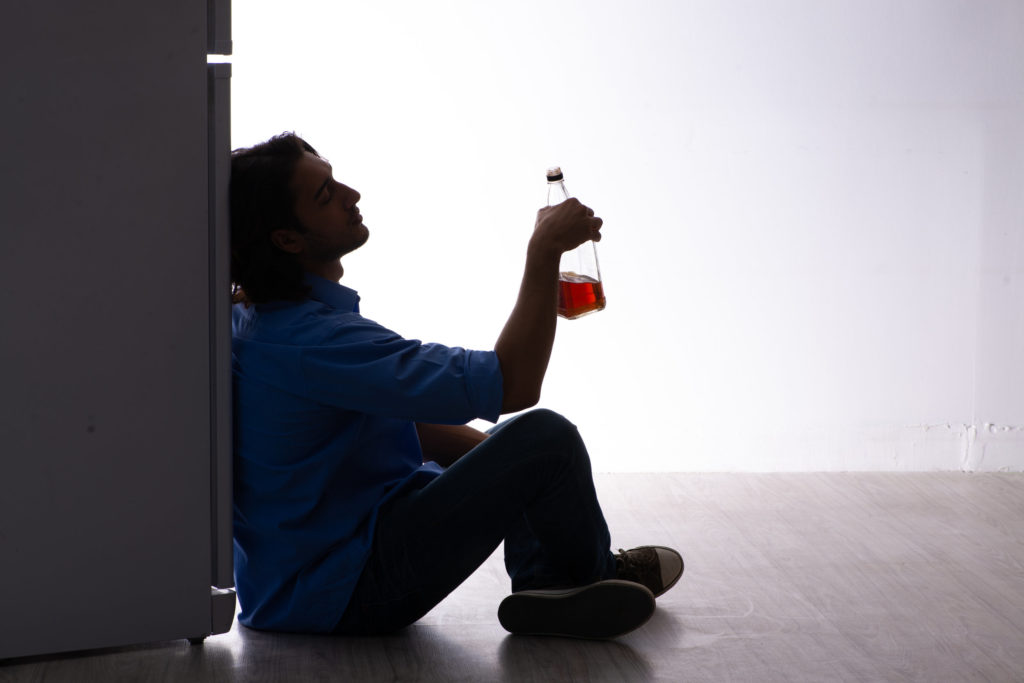Common Causes Of Relapse To Avoid

The question of how to avoid relapse is often posed by clients and concerned family members. While every journey is different and relapse as a part of the recovery journey isn’t always an ending, knowing what to avoid and how to manage temptation is paramount to long-term sobriety. Throughout rehab therapy and counseling, you will uncover the mental and emotional roots of addiction as well as learn to properly cope with triggers, which is why it’s so important. Know where to start in building your defenses: here are 7 common causes of relapse to avoid.
#1: Emotional Distress
Our emotions are closely tied to addiction- we drink because we’re upset; we use because we need an escape. In recovery, when we experience emotional distress it can trigger relapse if we don’t address them properly. Emotional unrest like sadness is an obvious trigger, but anger, upset, and even happiness can also send one spiraling backwards.
Avoiding emotional distress just isn’t realistic- life happens and sometimes we can’t control it. We can, however, control how we respond and that’s how you remain in control of your recovery. You don’t have to resort to old habits just because that’s what you always did before. Fights with loved ones, break ups, even tragedies unfortunately happen; allowing yourself to feel and work through those emotions rather than numbing yourself through substance abuse.

#2: Celebrations
On the opposite end of that spectrum of emotional triggers as causes of relapse is something most people wouldn’t think of as a potential for relapse: happiness. In times of celebration and joy we may be tempted to use illicit substances to enhance those feelings. Rather we want to extend the joy or stave off encroaching anxiety or depression, celebrations aren’t a reason to let your commitment slip. We all know ‘just one’ never ends up being ‘just one.’ Don’t turn a time of celebration into a source of regret.
#3: Testing Limits
Sometimes when we get back into the real world following rehab treatment, we are overly confident in our sobriety- so much so that we put ourselves in situations to test our limits. We think that we are stronger than temptation; we ignore advice to avoid triggering situations and locations, thinking we are invincible. Don’t let your ego lead to relapse.
This is one of the most common causes of relapse for people who are new to the recovery process and holding on to unrealistic expectations. Graduation from a rehab program doesn’t mean the work is over. Your journey of sobriety is an ongoing process; you are not immune.
#4: Boredom
There’s a reason staying busy is so important in early recovery: boredom is a slippery slope into relapse. Idle time allows negative thoughts to seep in. Addiction has a way of turning your mind against you, trying to convince you that recovery isn’t possible and to return to active abuse. Boredom isn’t a good enough reason to give up the hard work and commitment you’ve put into sobriety.
#5: Peer Pressure
There’s a reason you should evaluate your peer circle upon completing treatment. Having the right people in your support network is paramount to long term success in recovery. Some people simply shouldn’t make it into your future if you plan to lead a sober life. Anyone who would poke holes in your resolve or attempt to peer pressure you into relapse is not someone you need in your life.
Peer pressure comes in multiple forms when it comes to relapse:
- “Come on, you can’t just have one?”
- “What, you’re too good for us now?”
- “You changed- I don’t like who you are now.”
- “Well if recovery really works, then you won’t be affected by what I do.”
- “Rehab is for quitters!”
#6: Stress

One of the most common triggers of relapse is stress. While we can’t avoid this particular part of life, utilizing the coping mechanisms we learn in treatment to properly manage it goes a long way to preventing relapse. With stress and other similar causes of relapse, a solid self-care regimen helps to address and even prevent threats to your new sober life.
Self-care can be anything you need it to be: a mug of your favorite calming tea blend, a bubble bath, meditation, or walk around a park. Take the time to get to know yourself and what works for you.
#7: Lack Of Progress
When we allow our journey to stall out, the lack of progress can send us slipping backwards. It’s important that the recovery journey moves at your pace, but it’s also up to you to keep it moving forward. Think of it this way: recovery is like walking on a conveyor belt that’s running the wrong way. It’s possible and after a while, it even becomes easier- but the moment you stop moving in the direction you want to go, you begin moving backwards. Of all the causes of relapse, this is perhaps the easiest to combat.
Beyond recovery, what are your goals? Maybe you don’t have an answer now, but you have somewhere to begin. With this new lease on life you can go as far as you dare to dream. Go back to school, write a book, start your own business: if you have the commitment to overcome addiction, you can achieve any goal.

